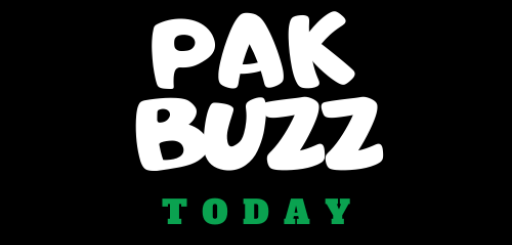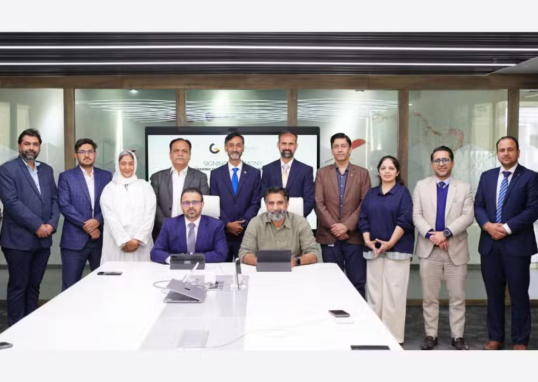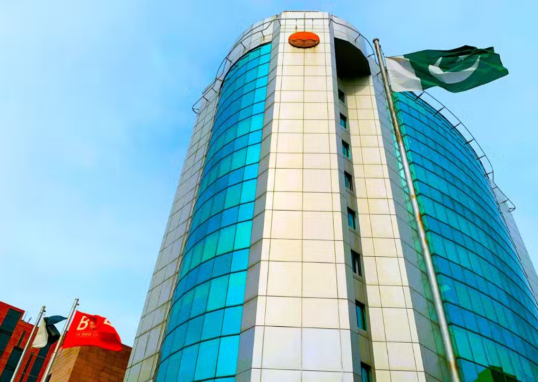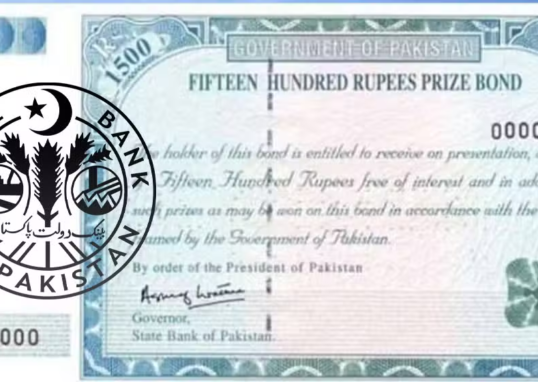

Japan Airlines (JAL) has once again come under scrutiny after a drunk pilot caused significant disruption, leading to multiple flight delays and triggering a second formal warning from Japan’s transport ministry within a year.
Flight Delays After Hawaii Incident
The latest case occurred on August 28, 2025, when a JAL pilot consumed excessive alcohol during a layover in Hawaii. As a result, he was deemed unfit to operate his scheduled flight to Nagoya, Japan, the next morning. The incident forced the delay of three separate JAL flights, one of which was held back for up to 18 hours.
JAL President Mitsuko Tottori addressed a press conference, offering a public apology and acknowledging the severity of the lapse. She confirmed that the airline will intensify monitoring and strengthen its existing health and alcohol safety checks.
Transport Ministry Issues Formal Reprimand
On the same day, JAL’s chief safety officer Yukio Nakagawa was summoned by the transport ministry. In front of the press, Nakagawa bowed deeply as he accepted a written warning from senior officials.
Transport Minister Hiromasa Nakano expressed frustration at the airline’s repeated failures. “The fact that such incidents keep happening shows JAL has not properly educated every employee on safety responsibilities. It is extremely regrettable,” he said.
Previous Alcohol-Related Incidents
This is not the first time JAL has faced embarrassment over alcohol misuse. In December 2024, the airline banned overnight alcohol consumption for crew members after two pilots drank heavily before a flight from Melbourne to Narita, causing a three-hour delay.
Going further back, in 2018, a JAL pilot was arrested in the United Kingdom after being found nearly ten times over the legal blood alcohol limit before boarding.
JAL’s Commitment to Stricter Policies
President Mitsuko Tottori reiterated that the airline is treating the matter with utmost seriousness. She emphasized that additional measures will be introduced to ensure strict compliance with alcohol rules, including more robust training and monitoring systems.
Industry experts suggest that JAL must implement cultural and systemic changes to restore public confidence and prevent further damage to its reputation.






